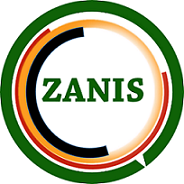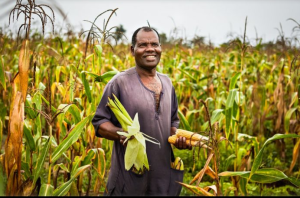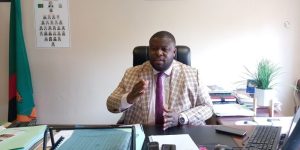Executive Secretary of the Southern African Development Community (SADC) Elias Magosi says without the complimentary role of the press , delivery of the SADC mandate of SADC will not be complete.
Mr Magosi says the SADC mandate is enshrined in the SADC Regional Indicative Strategic Development Plan (RISDP) 2020-2030, whose delivery will not be complete without the complimentary role of the press.
He further said with the Regional Development Plan, SADC envisions a peaceful, inclusive, competitive middle to high income industrialised region, where all citizens enjoy sustainable economic well-being.
Mr Magosi said this today in a speech read on his behalf by his deputy Secretary for Corporate Affairs Judith Kateera at the occasion of the commemoration of the Southern African Level of the World Press Freedom Day for 2024 in Gaborone, Botswana, held under the theme: A Press for the Planet: Journalism in the Face of the Environmental Crisis.
He pointed out that this year’s theme resonates deeply with the urgent challenges the world and in particular, the region, the Southern African Development Community (SADC) faces.
“As a regional bloc, SADC operates in a global environment characterised by many factors ranging from political, economic, social, environmental and social factors. Beginning by highlighting the critical role that journalists play in facilitating dissemination of information, SADC special message to all is that access to information through improved communication is an essential component of growth,” he said.
Access to information plays a critical role in promoting the economic well-being of society, its stability and enhances sustainable development.
“This is why the SADC Member States adopted the Protocol on Culture, Information and Sport in August 2001, in which, among others, Member States committed to taking positive measures that narrow down the information gap between the rural and urban areas, by increasing the coverage of mass media, whether private, public or community media,” he added.
He further stated that from the time this Protocol was adopted, SADC has continued to witness the growth of the multimedia industry and the establishment of private, public or community media houses.
He added that SADC encourages responsible journalism that reports fact without fear or favour rather than dis- and misinformation about environmental issues, as this may lead to lack of public and political support for climate action, lack of effective policies and lack of protection of vulnerable communities affected by climate change, thereby exacerbating existing inequalities.
“Press freedom enables us to have a platform that cuts societal boundaries in terms of reach and diversity of coverage. With the abundant mineral resource that Southern Africa has been endowed with, more information dissemination is required in the areas of technological advancements that minimise the adverse effects,” said Mr Magosi.





